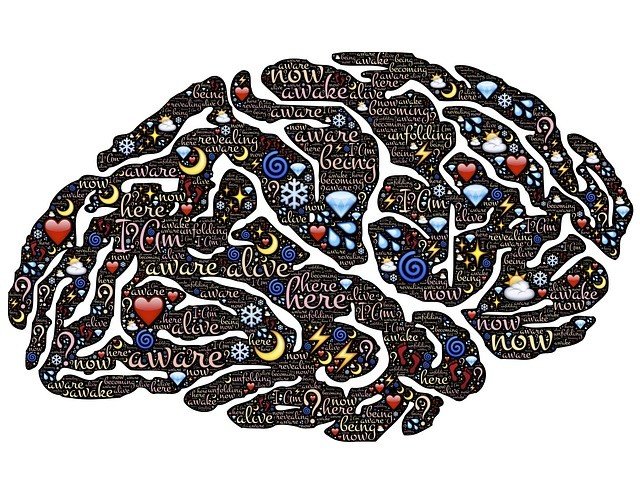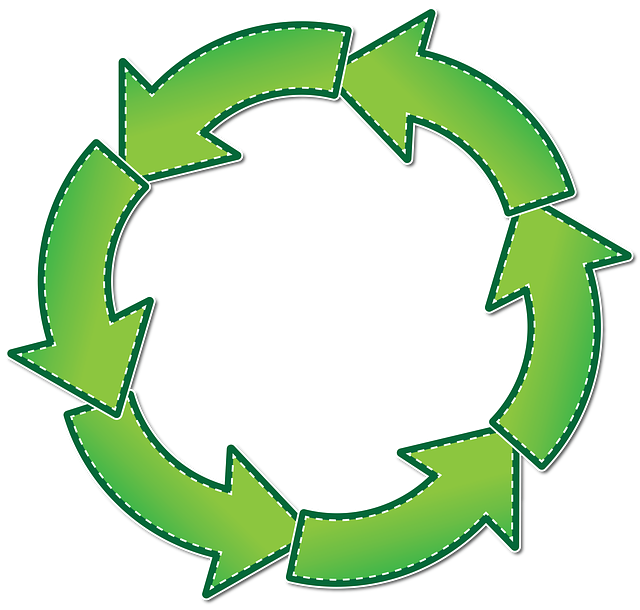Why I Am Skeptical About the Science of Consciousness

The Quest for Consciousness
Consciousness was once the domain of philosophers and poets. But now scientists are trying to study it empirically. In this post I'll explain why I'm skeptical of this succeeding.
The field of consciousness studies will never become a legitimate science until it has tools to measure consciousness accurately. Especially in "test cases" like the vegetative state, infants, sleep, non-human animals, and other cases that test the limits of consciousness.
But in order to measure something you have to know where to look. You wouldn't go looking for heat in the snow. Consciousness studies doesn't even know where to look because it cannot agree on what it is they are looking for.
Some well-respected theorists believe only fully developed humans are conscious.
Some well-respected theorists believe most animals including humans are conscious.
Some well-respected theorists believe all life forms, even bacteria, are conscious.
Some well-respected theorists believe inorganic matter can be conscious (panpsychism)
Are they even talking about the same thing? Most insist they are all talking about the "subjective" qualia of consciousness - what philosophers often phenomenal consciousness where there is a sense that there is "something-it-is-like" to be conscious.

Building a C-Meter
Surely a goal of consciousness studies is to build a consciousness-meter or C-Meter.
There are numerous problems in trying to build a C-Meter. But without one, how can you have a science of consciousness?
What theory do you use to build it? Different theories of consciousness will instruct you how to build a C-Meter differently. Clearly a panpsychic theory of consciousness will build a C-Meter very differently from a theorist who believes only adult humans are conscious.
Once built, how do you calibrate it?
So you've built your C-Meter. How do you confirm that it's working properly?
Typically you would try to find a "fixed point" akin to the boiling and freezing of water.
But with consciousness we don't know the fixed points with confidence because different fixed points are predicted by different theories and different theories interpret the existence evidence differently making the data indecisive between competing theories.
One might think that a test case for having the C-Meter read "0" would be pointing it at an insect. Suppose it did read "0" for an insect. Some theorists would say that they have good reason to think insects are conscious so it must be the C-Meter is not sensitive enough.

Epistemological circularity
We're trying to measure something that is not directly observable. So we have to indirectly measure it by using something else as a proxy. But we don't know which theory is correct and different theories suggest different proxies. We can't test the theories and how well consciousness actually correlates with the proxies because nobody has built a C-Meter that is universally accepted by the field of scientists studying consciousness to be a valid method of detecting consciousness.
There are as many theories of consciousness as there are people who study consciousness. Everyone has their own pet theory.
Most theorists talk past each other and are engaged in more of a verbal debate than a substantial debate. In other words, the problem is not the data but how to interpret it.
Terminological inconsistencies are rampant and terms are never operationalized. But if they are operationalized at all there is little justification for why that operational definition is the best one to capture consciousness, whatever that means.
The field of consciousness studies is waiting for a theoretical revolution and there are certainly many clever theories out there. But none have a chance to reach consensus when there are so many competing egos.

The state of consciousness studies is very dire if you ask me.
The whole edifice is built on a foundation of sand.
a steemit original
images: pixabay
A lot of this went over my head on first reading. I hope I can get round to the points raised in this arguments pesented here because they are interesting.
In a nutshell, the problem is that consciousness is not directly measurable so we have to measure something else, a "proxie" for consciousness. But we don't know how well that proxy actually predicts consciousness. We'd need a second proxy. But that raises the same problem. It can never find a firm foundation.
Finaly a bloger I will actually follow gladly. I hope im not bothering you by this but i too like to write about similiar stuff but im yet to reach your level. Can you check my latest post and let me know what you think please? I would be so happy
If chosen it will feature in a curation post by @MuxxyBot.
An image from your post may be featured.
Please reply to this comment if you accept or decline.
Accept
Great article @rachelsmantra !
Congratulations @rachelsmantra! You have completed some achievement on Steemit and have been rewarded with new badge(s) :
Click on any badge to view your own Board of Honor on SteemitBoard.
For more information about SteemitBoard, click here
If you no longer want to receive notifications, reply to this comment with the word
STOPCongratulations. This post has been featured in today's Muxxybot curation post.https://steemit.com/curation/@muxxybot/muxxybot-curation-26
Silly boy, doesn't realize that consciousness comes from the soul which came into existence 6000 years ago by a Gd who chose a wandering tribe of semites to use as an example to show the rest of the tribes that it really is real:D
Hey, ya know, they've done studies where long term meditators were in deep sleep and answered questions accurately by moving their eyes with a prearranged signal. So one can be fully conscious during deep sleep; and in fact, so the lore goes, is a prerequisite to getting the hell out of this shitshow; at least that is what the Tibetan Book of The Dead says.............
Anyway, resident panpsychist here: consciousness goes all the way up and all the way down but needs a fully functioning brain to operate properly in; as least as far as getting all the funky side-effects of human cognition like being able to muse on philosophy.
Does this mean that consciousness precedes matter? Probably, but we are no where near figuring that one out! Aurobindo's involution offers hints at it though, but true that those are murky shores, but perhaps illuminated by the thinking of those like David Bohm.
Anyway, where there is will there is representation:)
I am grateful that not all the universe is quantifiable. "Praise ignorance, for what man has not encountered he has not destroyed" -Wendell Berry, "Manifesto: Mad Farmer Liberation Front"
Mystery keeps us re-examining our assumptions. Once we stop questioning our assumptions, we stop doing science.